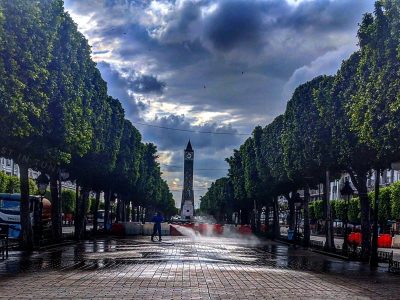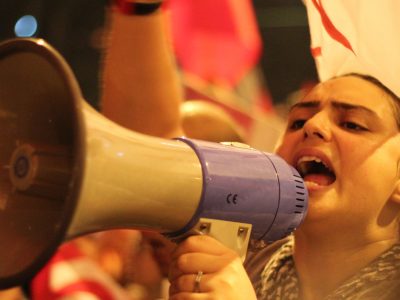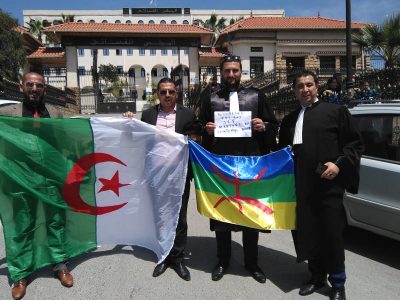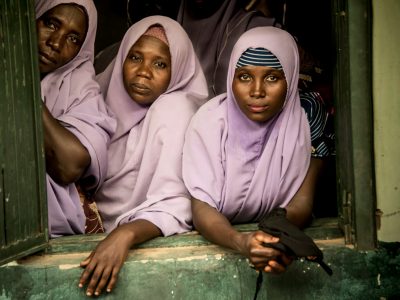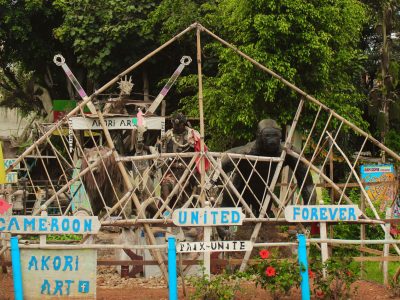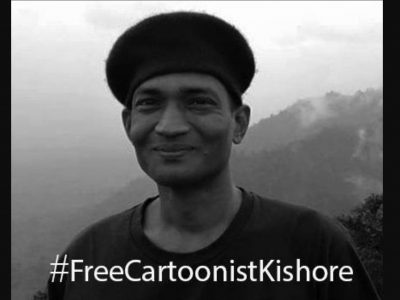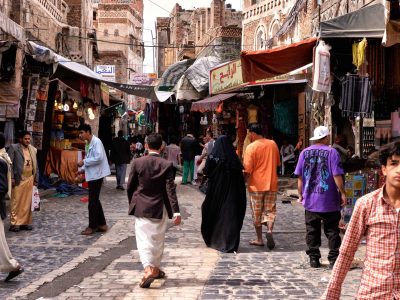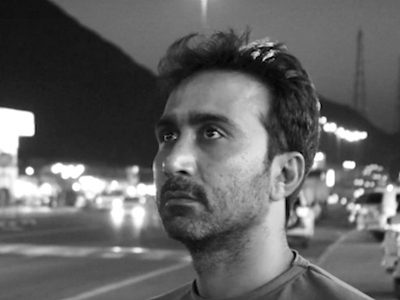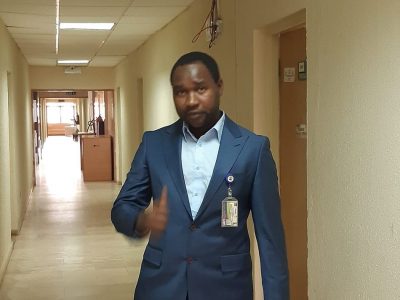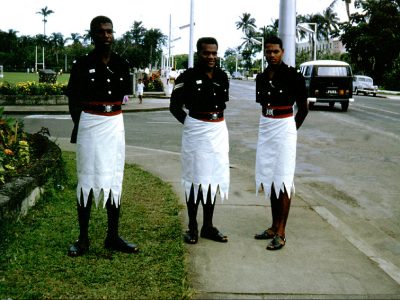Stories about Human Rights from May, 2020
How identity-driven conflicts fuel Ethiopia's incendiary social media rhetoric
Unity Park aimed to tell the story of all Ethiopians and celebrate the country’s diversity. But social media revealed politicized, nationalistic reactions along ethnic lines: Amhara and Oromo.
From counterterrorism to counter-COVID-19, governments use crises to impose continuous states of emergency in the Middle East
Fighting terrorism used to be the umbrella under which states of emergency were justified in the Middle East. Now, COVID 19 serves as a new justification for sweeping powers.
In Tunisia, women stand on the frontlines of targeted hate speech online
In Tunisia, an uprising toppled leadership and lead to revolution in 2011. Since then, digital space has witnessed heated debates about politics and society — including attacks against women activists and journalists.
In Algeria, online repression targets Amazigh protesters active in Hirak movement
In Algeria, the Amazigh people are often associated with France, Algeria's former colonial power. Racial slurs online accuse this group of being separatists who threaten "national unity."
Women in Nigeria face a caustic landmine of political advocacy online
“I’ve grown a really thick skin,” said Fakhriyyah Hashim, co-founder of the #ArewaMeToo movement in northern Nigeria.
A glimpse at Thailand's digital ID through the biometric profiling of Malay Muslims
"The discriminatory nature of these measures could amount to racial profiling, which subjects Malay Muslims to disproportionate and unnecessary surveillance based on ethnic prejudice rather than objective signs of suspicion."
Cameroon’s 3-year separatist crisis: Online threats, attacks on identity and freedom of expression
Journalists in Cameroon have to be very careful about reporting on atrocities related to the separatist conflict. Appearing to side with separatists or the government can lead to online attacks.
Women journalists in Uganda carry ‘double burden’ with online attacks and harassment
Women journalists in Uganda carry the double burden of gender-based abuse online and potential threats related to political reporting. These threats have led women journalists to withdraw from public discourse.
In Burundi, four journalists jailed for months await appeal
The four jailed journalists with Iwacu were accused of threatening state security on the basis of a WhatsApp message sent as a dry joke while reporting on a rebel attack.
In Bangladesh, criticism of government response to the COVID-19 pandemic is risky
"Would it be wrong if someone says that the authorities in Bangladesh, equipped with Digital Security Act, launched a crackdown on those critical to the government?"
COVID-19: Switching online is not an option in conflict-stricken countries in the Middle East
While the internet provides a lifeline in wealthy countries during COVID-19, this is not the case in conflict-stricken countries in the Middle East.
After disappearing for 53 days, Bangladeshi journalist is found and sent to jail
Fifty-three days after his abduction in from of his office in Dhaka, Bangladesh, photojournalist Shafiqul Islam Kajol was found alive in Benapole, near the border of Bangladesh with India.
‘While I breathe, I hope’: In conversation with Ali Gharavi of the #Istanbul10
Gharavi, a security consultant, was among ten human rights defenders arrested in Turkey in July 2017 at an information management and well-being workshop.
Baloch journalist found dead in Sweden
In recent months, several Pakistani activists and bloggers living in Europe have claimed to have been targeted for speaking up against human rights violations in Pakistan.
Nigerian atheist faces death threats for blasphemy against Islam
"Nigeria is a secular state and freedom of speech is one of the fundamental characteristics of a modern democratic state. Criticizing a religion is not a criminal offence."
Fiji general cites need to ‘stifle criticism’ in the fight against the COVID-19 pandemic
"The COVID-19 pandemic is not an excuse for human rights violations. Excessive force and brutality are unacceptable from any of our enforcement or security forces."


